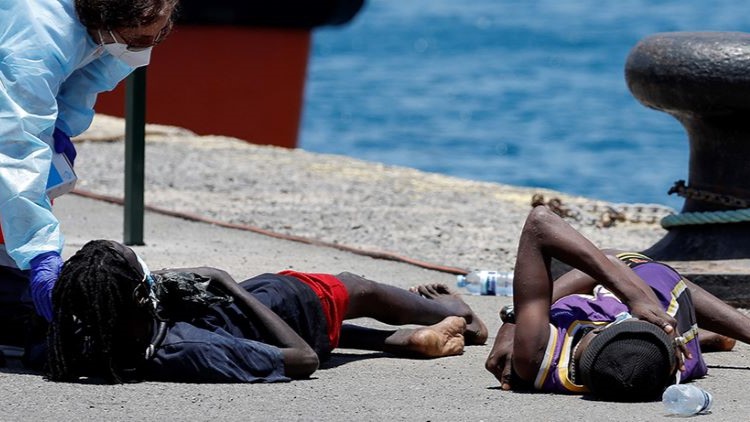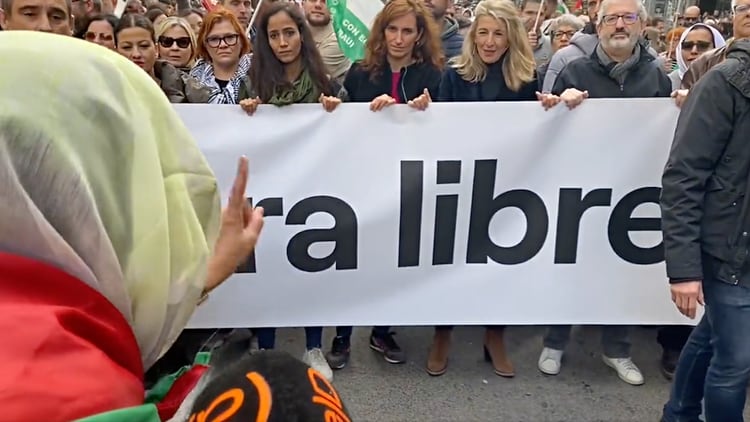Eduardo González
The Spanish Commission for Refugee Assistance (CEAR) has assured that the numbers of migrant arrivals in the Canary Islands this year have already exceeded those of the cayucos (canoes) crisis of 2006 and has called for “interterritorial solidarity and political responsibility” to not spread “ hate messages” in response to this situation.
According to the organization, more than 31,000 people have reached the Canary archipelago this year and more than 500 have died in the attempt, “last weekend surpassing the numbers of the so-called cayucos crisis of 2006.” The reactivation of the Canary Islands route began in July 2023 and represents a break with the downward trend in arrivals that had been observed since March 2022. However, the organization highlights that this increase is lower than that experienced in other border countries. the European Union, especially on the Central Mediterranean route to Italy, which represents 68% of total arrivals by sea to the EU.
“The response to the drastic increase in arrivals to the Canary Islands in 2020 has already highlighted the need to respond in an agile and guarantee manner in the face of emergency situations, as well as to have a stable and dignified structure for humanitarian reception,” declared Estrella Galán, general director of CEAR. “Furthermore, in the current context, effective coordination between all actors involved in this humanitarian response is more necessary than ever,” she added.
Among the factors that are increasing illegal migrations to Spain of people who are “putting their lives at risk at sea by not having legal and safe ways to migrate or seek protection”, CEAR highlights the good state of the sea and the winds, which are very favorable for crossings at this time of year; the growing instability in the Sahel (ten military coups d’état since 2020 in seven countries in West Africa and Central Africa, the most recent in Gabon), “a situation that could worsen in the event of a conflict breaking out if the Niger crisis does not is resolved”; or the social repercussions of the political crisis in Senegal, the main country of origin of the people who are arriving in the Canary Islands.
For all this, CEAR demands a series of measures: an agile and guaranteeing response to expand the capacity of the reception system, a stable and worthy structure for humanitarian reception, individualized legal attention to migrants that allows them to access the international protection procedure, legal and safe means of access to protection “to prevent people from being forced to put themselves in the hands of traffickers and risk their lives”, interterritorial solidarity and co-responsibility on a permanent basis between all the Autonomous Communities, agile, transparent and systematized transfers from the Canary Islands to the Peninsula “to prevent the islands from becoming detention camps” and planned migration policies with a rights-based approach.
Likewise, CEAR calls on the Spanish Presidency to promote “a mandatory and permanent solidarity mechanism” that guarantees an equitable distribution of responsibility for asylum among all EU Member States and a safe and predictable European disembarkation mechanism, with subsequent mandatory relocation. The organization also urges an end to border externalization agreements with third countries of origin and transit that do not guarantee human rights.
Finally, CEAR demands that political representatives take “responsibility in their speeches and statements in relation to the emergency in the Canary Islands.” “We are extremely concerned about racism, xenophobia and Islamophobia in some messages from political representatives that endanger coexistence and social cohesion,” Estrella Galán warned.







